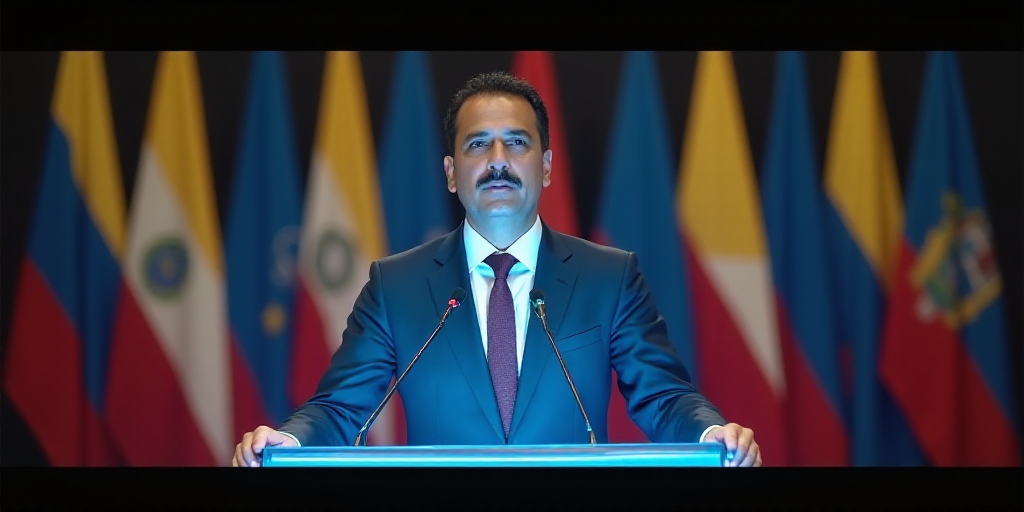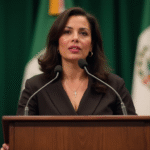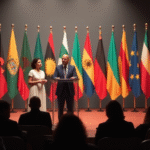Background on Ecuador’s President Daniel Noboa
Daniel Noboa, the current President of Ecuador, has been in office since 2018. He assumed the role after winning the presidential election, succeeding Lenín Moreno. Noboa is a businessman and politician with previous experience in local government. His presidency has been marked by a significant rise in crime and violence, primarily due to the power struggle among twenty drug-trafficking gangs.
Rising Violence and Crime in Ecuador
Ecuador has experienced a surge in violence over the past few years, driven by intense competition among drug-trafficking groups. The country’s homicide rate has escalated, with 47 murders per 100,000 people recorded two years ago. This alarming increase in crime has prompted President Noboa to take exceptional measures and deploy military personnel on the streets.
Noboa’s Response to Crime and Violence
In an effort to combat the rising crime rates, President Noboa has implemented extraordinary measures and military presence on the streets. He aims to intensify his anti-crime campaign by calling for a popular consultation and establishing a Constituent Assembly to draft a new constitution.
Referendum on Foreign Military Bases
On Friday, President Noboa announced a popular consultation to decide whether foreign military bases can be reinstated in Ecuador and if a new Constituent Assembly should be formed. The proposed assembly will consist of 80 members elected by the people, with the consultation tentatively scheduled for November.
Voters will also determine if they support removing the current constitutional ban on establishing foreign military bases within Ecuador’s territory, similar to the U.S. anti-drug activities in Manta (southwest) until 2009.
Parliamentary Reform and Constitutional Analysis
In June, the majority-ruling Parliament approved a constitutional reform regarding the reinstatement of foreign military camps, which must be ratified through a referendum.
According to Noboa, the existing constitution from 2008 grants him the authority to directly call for a referendum, as it supersedes any general disposition.
Constitutional Court’s Role
Following the presidential announcement, the Constitutional Court defended its role in ensuring compliance with constitutional modification procedures. The court stated it has the authority to analyze Noboa’s request, as several inconstitutionality lawsuits have been filed against his initiative.
Noboa’s criticism of the court stems from its temporary suspension of three of his anti-crime laws, which included provisions for surveillance and intercepting communications without judicial orders or declaring geographical areas as military targets, allowing force application by agents.
Public Demonstrations and Controversy
In August, Noboa led a march in Quito against the Constitutional Court, with posters displaying the court’s nine magistrates and the slogan “these are the judges stealing our peace.”
Key Questions and Answers
- What is the main issue at hand? President Daniel Noboa has called for a referendum on reinstating foreign military bases in Ecuador and forming a new Constituent Assembly.
- Why is this referendum necessary? The rising crime and violence in Ecuador, driven by drug-trafficking gangs, have prompted Noboa to seek extraordinary measures and military intervention.
- What will the Constituent Assembly do? The assembly, consisting of 80 elected members, will draft a new constitution with the aim of intensifying Noboa’s anti-crime campaign.
- What is the controversy surrounding this referendum? Critics, including President Noboa, argue that the Constitutional Court’s suspension of some of his anti-crime laws is hindering efforts to combat crime effectively.






